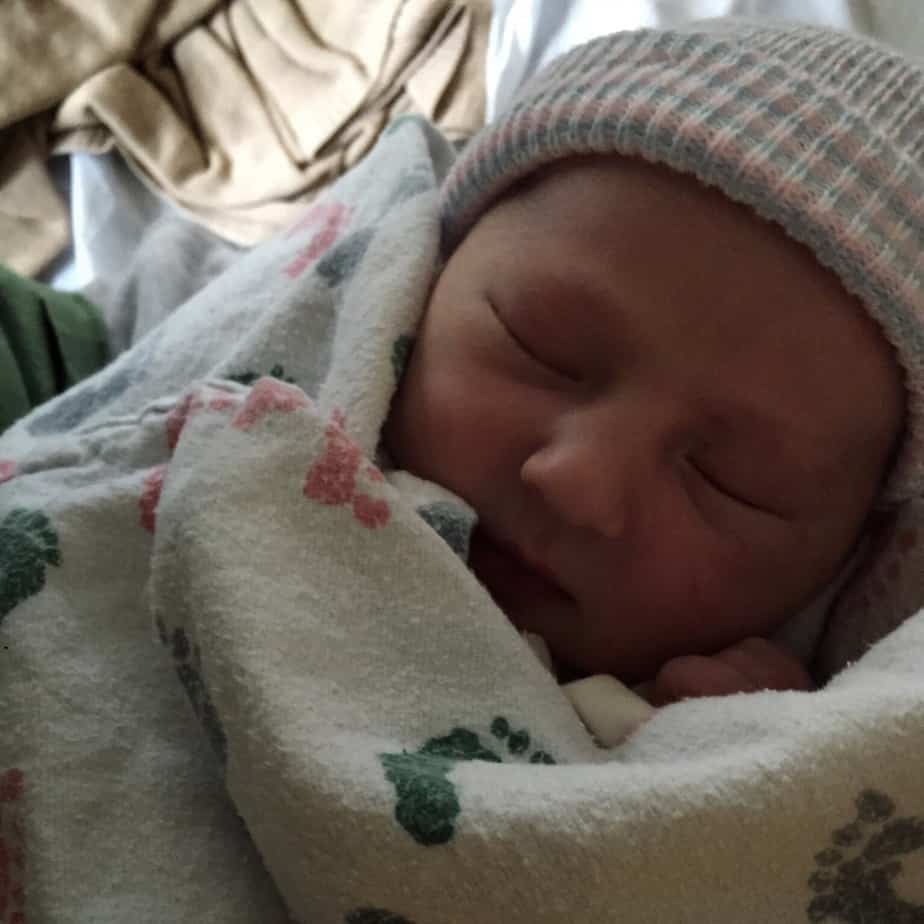Researching ways to get things done (or keep New Year’s resolutions) is like scouring the web for distraction-free writing apps when you’re supposed to be writing. Just because its a related task doesn’t make it anything other than procrastination and self-sabotage. I’ve tried Evernote and Day One and Wunderlist and it seems like every other great app that was supposed to fix me. And they’re all great. But I’ve come to the conclusion–and acknowledged the obvious–that no app or process is going make you do something that you’ve been putting off. You have to make you do that.
That said, isn’t there some simple system that will help me keep these goals front and center, something that will help me actively remember the things I want to do without buying into some time consuming “lifehack”? A short while ago, I rediscovered something I read last year on Lifehacker. It’s called Don’t Break the Chain, and it’s something Jerry Seinfeld is famous for on the internet (in addition to being Jerry Seinfeld). It goes like this:
He told me to get a big wall calendar that has a whole year on one page and hang it on a prominent wall. The next step was to get a big red magic marker.
He said for each day that I do my task of writing, I get to put a big red X over that day. “After a few days you’ll have a chain. Just keep at it and the chain will grow longer every day. You’ll like seeing that chain, especially when you get a few weeks under your belt. Your only job next is to not break the chain.”
“Don’t break the chain,” he said again for emphasis.
It’s so simple. It doesn’t involve anything really. You can get a big calendar, but you don’t really have to. You just need some way to see your chain. After you do it long enough, your habits will be ingrained and you won’t even need that (but you’ll still have the satisfaction of seeing the ever-growing representation).
Then I realized that I’ve been using this method for a long time without realizing it. I’ve been posting a story on Twitter every day for five years. With the exceptions of my wedding, some international travel etc, I’ve never missed a day. And it works. The single most motivating force behind every night’s story is that fact that there is an unbroken chain of stories behind it. I’ve recently begun using DBTC formally to test out some resolutions, and again I’m continually surprised by how effective it can be given that it seems geared for an elementary school child.
I’m not a big wall calendar kind of guy. I really like chains.cc, which is the cleanest most pleasant website for this purpose. The website is free, and you can of course use it on your phone. For a more native phone experience, the Chains.cc app is my favorite out of all of the options on iOS:
- Clean design with different graphics for each chain
- Easy and pleasant to use and navigate
- Can handle multiple chains, with unique graphics and colors for each
- Allow you to mark previous days when you haven’t had a chance to mark them (don’t cheat!). This a must-have feature if you want to use chains to represent bad habits you want to break.
Goals.io is a little more cluttered but actually more powerful (and free) alternative. It allows weekly goals in addition to daily ones, as well as one time and progressive/nebulous goals. Unfortunately, it doesn’t let you backdate anything so you can’t migrate chains you’ve been keeping on paper or in other apps. Part of me also thinks this flexibility may add too many dimensions to what is otherwise a system as simple as it gets. That said, I do like the idea of weekly goals. Some goals can’t or shouldn’t be done on an everyday basis.
Analog is good though, so I’ve created a minimalistic letter-sized 2014 DBTC calendar that begs to be marked and can be put in a binder, in your desk, or on your wall.
